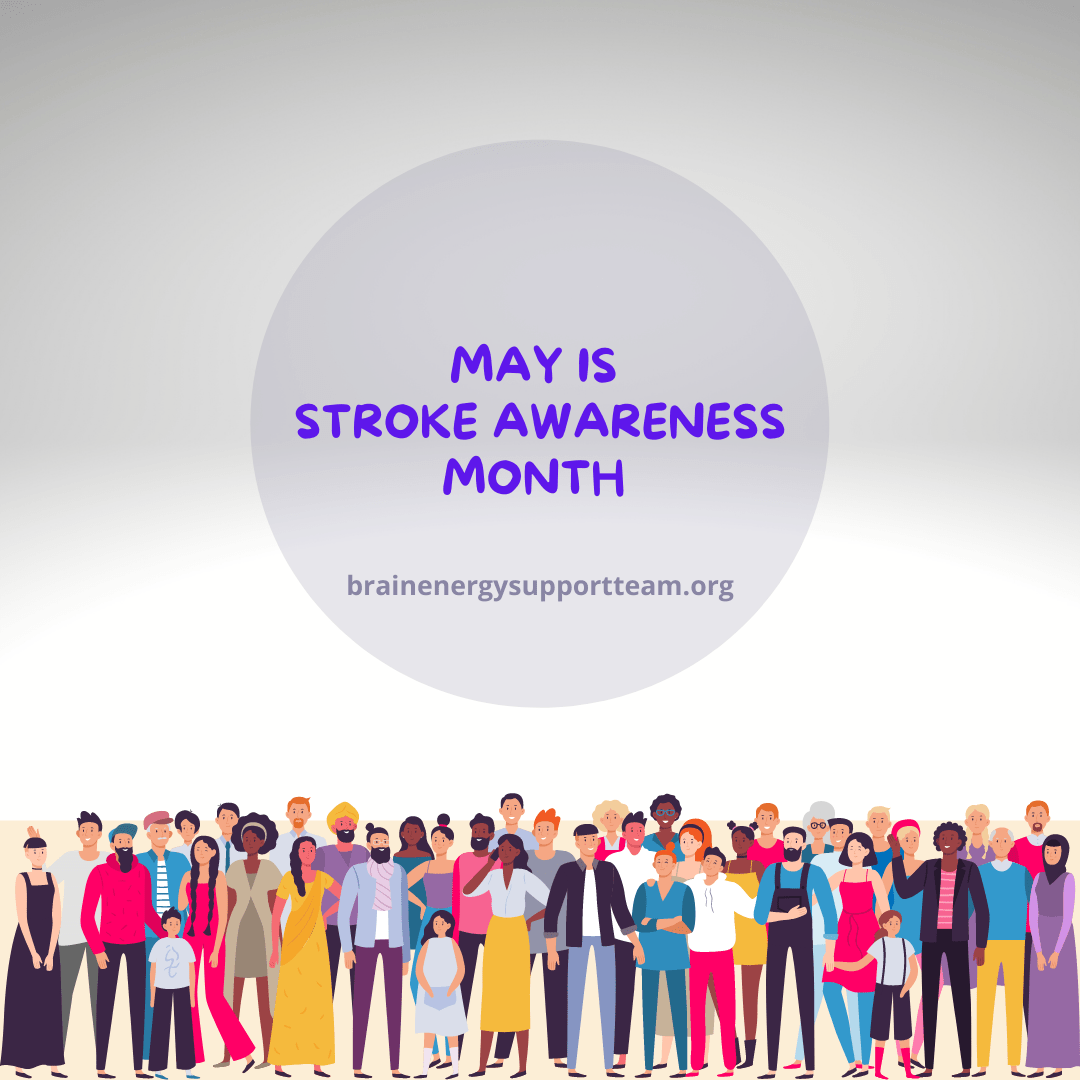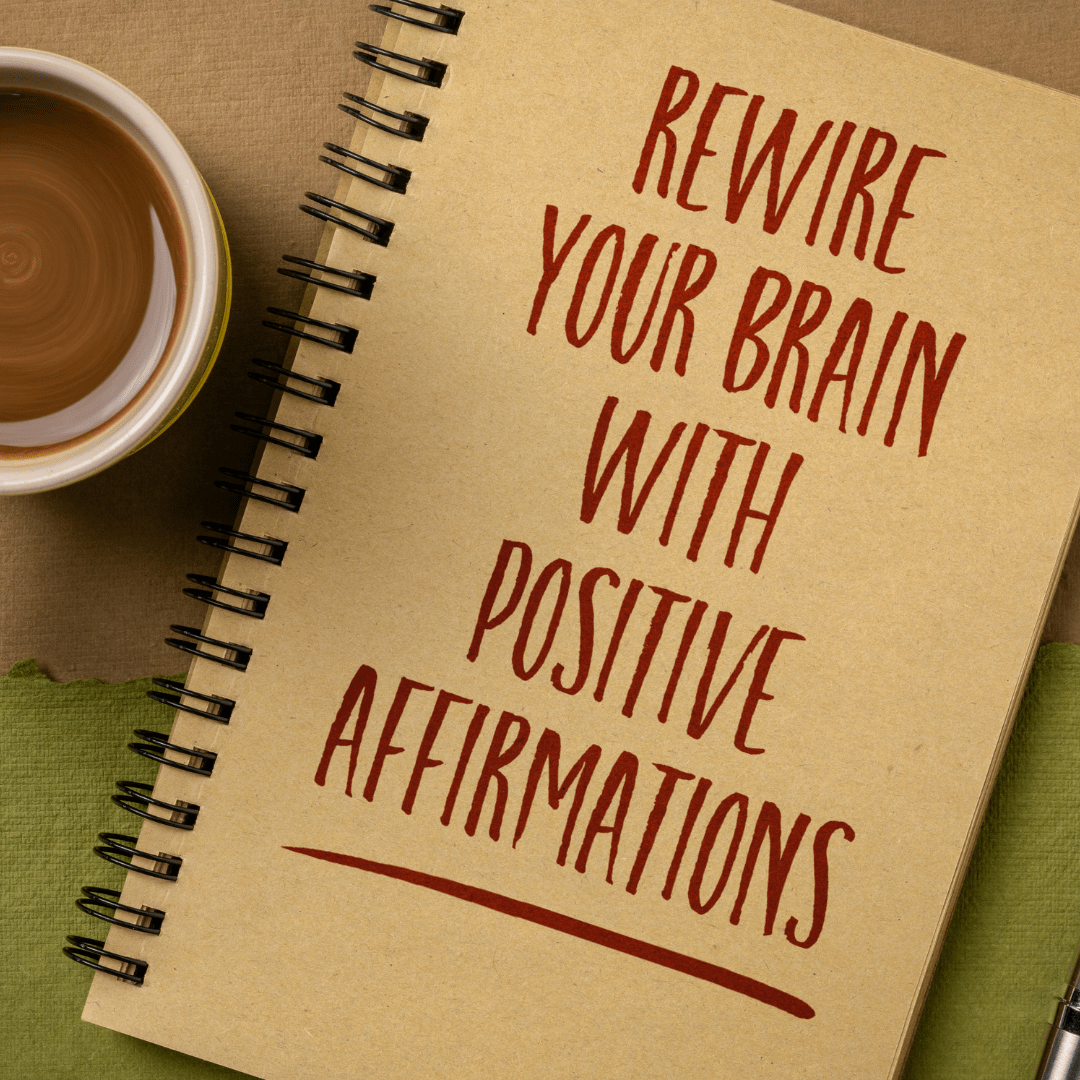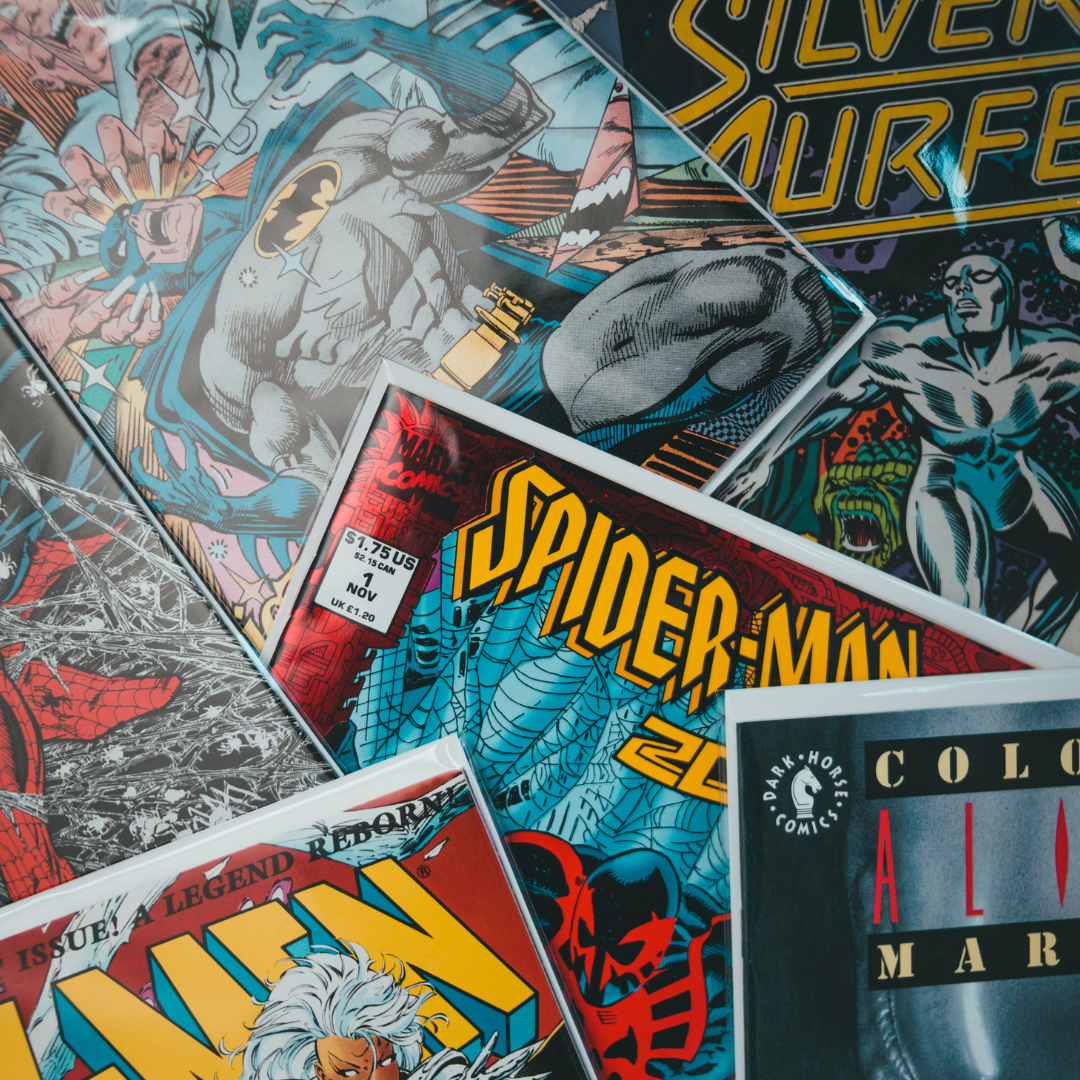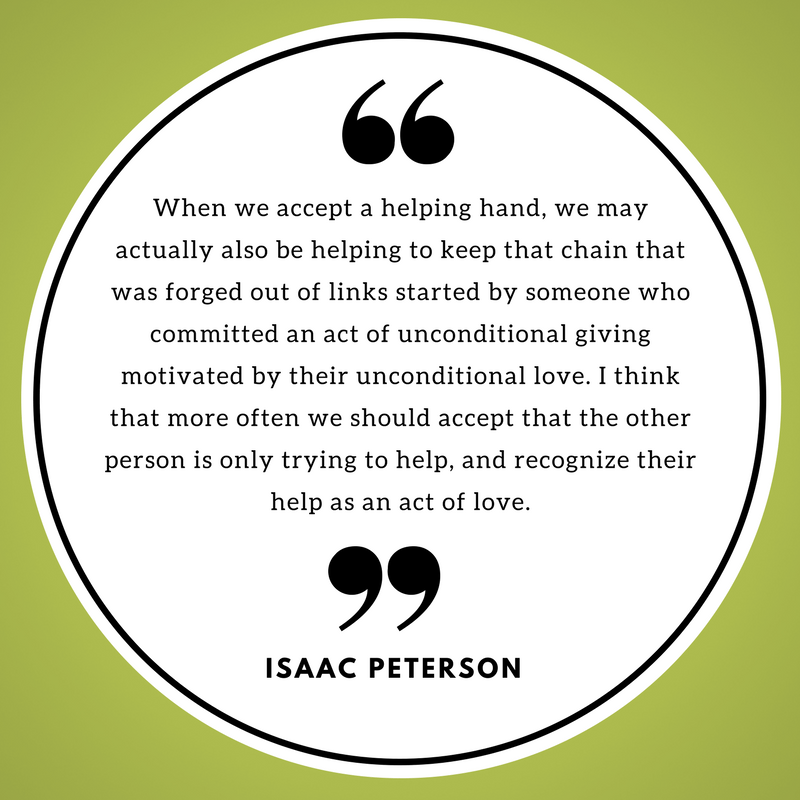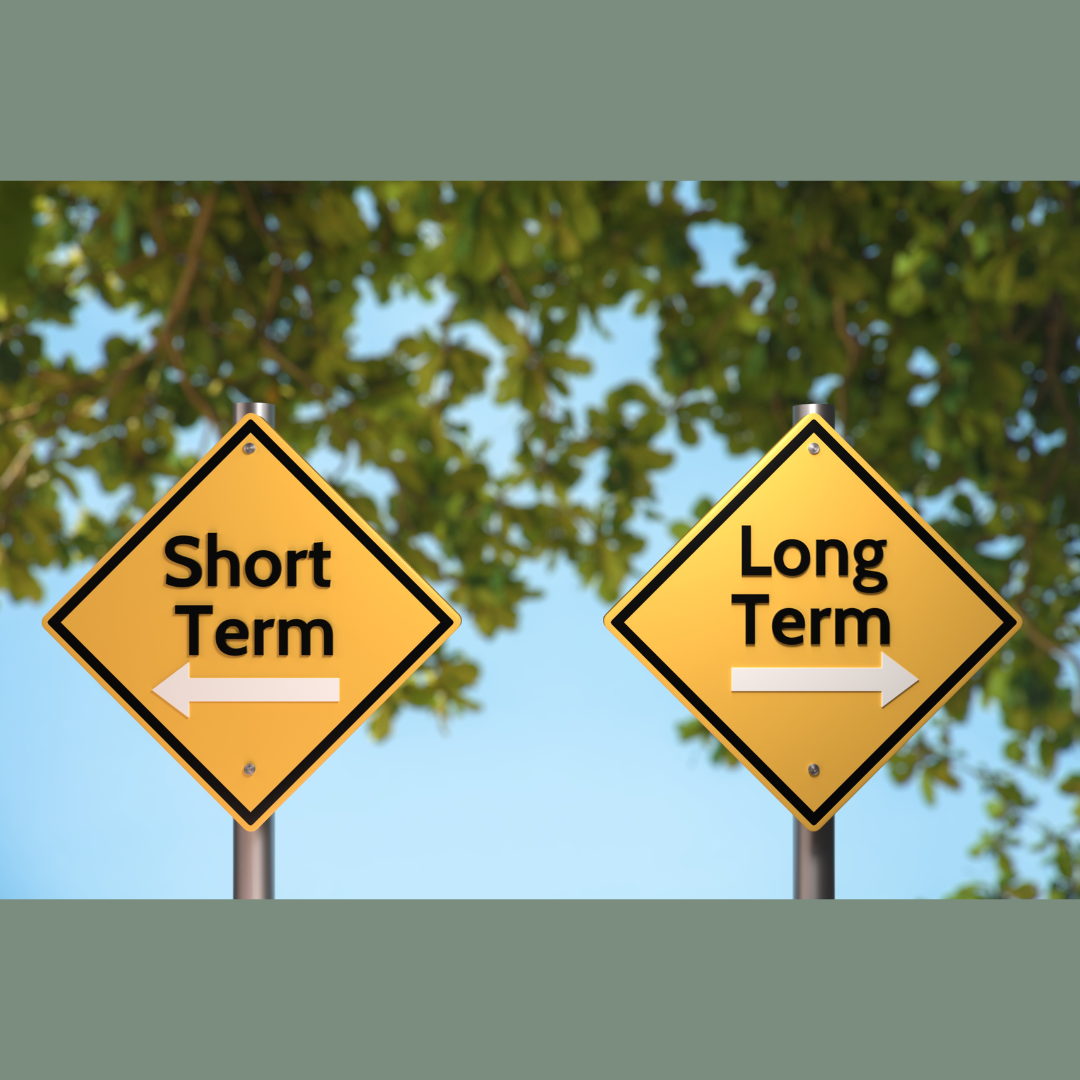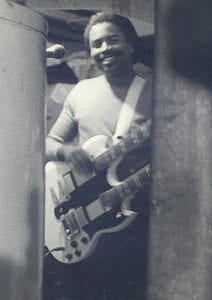
Although I don’t play music any more, music still a big part of my life. I feel it’s played a huge role in my recovery.
And though I didn’t realize it for a long time, just like other things I’ve inadvertently devised as part of my personal self-care program, it seems I came up with my own individual music therapy. I wrote before about my former life as a guitarist; now I’ll write a little about how music influences my current post-stroke life.
I’ve had a couple of people recommend music therapy since I’m so into music. I tried to read some about it but after a couple of websites that used descriptions like, music therapy is the clinical and evidence-based use of music interventions to accomplish individualized goals within a therapeutic relationship by a credentialed professional who has completed an approved music therapy program, I gave up.
But I did learn some useful information about music therapy, things like how music therapy was useful in the speech recovery process for Congresswoman Gabby Giffords, who suffered from a bullet wound to the head.
Music therapy is useful for:
1. Lessening the effects of dementia and Parkinson’s disease.
2. Reduce asthma episodes.
3. Reducing pain in hospital patients.
4. Improving communication skills in autistic children.
5. And lots of other conditions.
But I couldn’t find many examples of actual music therapy music–although I admit I didn’t look very hard.
One place where I was able to find a good example of how I envision music therapy music is found on the site of my UK friend and fellow blogger Michelle Munt’s website. It’s at jumbledbrain.com and automatically plays background music that I think is very relaxing (Michelle is also a brain injury survivor, blogger and life coach–check her out).
As for me, I was talking with my long-time friend and caregiver, Nancy. I mentioned my intuition about how my music has helped me in my recovery. Nancy said the kind of music I listen to tends to be a bit complex, melodic, and layered. Those qualities, she thinks, stimulate my brain and penetrates to my higher brain functioning. She mentioned that people with musical aptitude often have heightened math ability. Not me, but often when I lay down and listen to music in the dark with my eyes closed, I can see geometric patterns and see the different melody lines moving with and against each other. I know that sounds goofy, but I don’t know how else to describe it.
I wonder sometimes if the music I listen to might release endorphins–hormones released in the brain that do a lot of beneficial things for you like make you feel calm and happy, and increase energy. They also ease pain and do lots of other positive things. I write a lot about having a positive attitude and releasing endorphins in your brain can help a bit with that. I think music might help with increasing one’s endorphin output.
I tend toward positive, optimistic, life affirming music–but there is a lot of music out there that I view as negative and angry. That kind of thing might be kind of cathartic to some people, but to me, even a few minutes of it can leave me unsettled for the rest of the day. (I won’t mention any particular bands or artists because I might name somebody you like a lot).
Here are three examples of some music I’ve been listening to. I’m tending to lean toward more instrumental music these days. I still like guitars, and these tunes have guitars but are very melodic and for me, very expressive, uplifting and emotional.
The first is by a British band called Sky and is absolutely one of my favorite all-time compositions. It has intricate interplay and to me it is very hopeful, optimistic and relaxing. I have described that this composition as what my heart and soul sound like.
This one is by the group Santana.
And the third is by another British group called Camel. The guitar isn’t prominent but it’s there.
These are just three examples of music I think has been instrumental in my recovery, but not by all means, not all. This is what works for me–something else may be right for you. I hope you will give my examples a try. I don’t expect you to like it, but I sure do.
It keeps me at peace with myself and the world and gives my brain fertile ground to do its work recovering.
Do feel free to listen to whatever works for you.
So what are you listening to?

